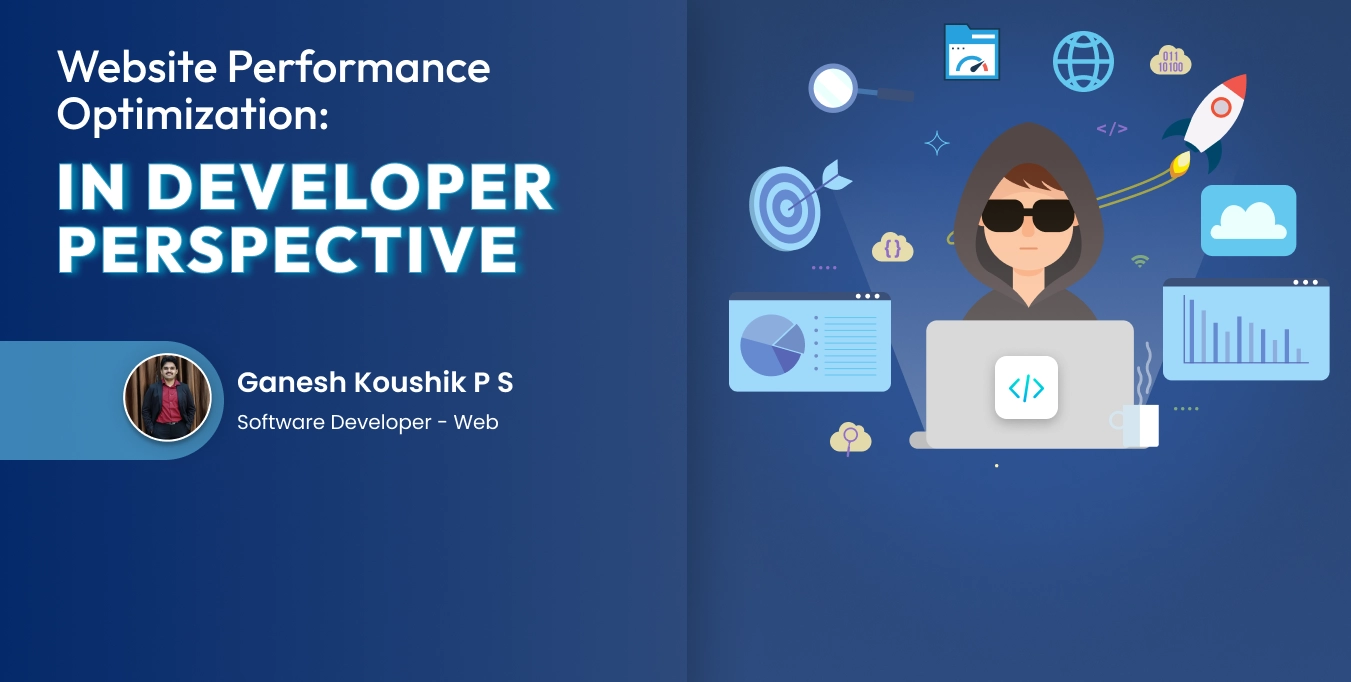Pulse of Information
Your source for the latest insights and updates.
Speed Demons: Turbocharge Your Website in a Snap
Unleash your site's full potential! Discover quick tips to turbocharge your website's speed and boost your online success now!
5 Essential Tips to Optimize Your Website's Loading Speed
In today's fast-paced digital world, loading speed is crucial for providing an exceptional user experience. Here are five essential tips to optimize your website's loading speed:
- Utilize Browser Caching: Enable caching to store some data locally on users' browsers, which can significantly reduce load times for returning visitors.
- Optimize Images: Compress and resize images to ensure they are not unnecessarily large, which can hinder loading performance.
- Minimize HTTP Requests: Reduce the number of elements on your page, such as scripts and stylesheets, to decrease the load time. Combining files and using CSS sprites can help achieve this.
Furthermore, paying attention to your website's coding can make a substantial difference. Consider these additional tips:
- Implement a Content Delivery Network (CDN): A CDN can distribute your website's content across multiple servers worldwide, allowing users to access faster loading speeds based on their location.
- Reduce Server Response Time: Optimize your hosting solution and eliminate unnecessary redirects to speed up the time taken for your server to respond.
By following these tips to optimize your website's loading speed, you can enhance user satisfaction, improve SEO rankings, and ultimately drive more traffic to your site.

How to Monitor Your Website's Performance: Tools and Techniques
Monitoring your website's performance is crucial to ensure optimal user experience and improve your site's visibility on search engines. There are several tools available that can help you track important metrics such as loading speed, uptime, and user engagement. Some popular options include Google Analytics, which provides in-depth insights into traffic behavior, and GTmetrix, which focuses specifically on site speed analysis. Regularly assessing these metrics allows you to identify areas needing improvement, ensuring your website remains competitive and user-friendly.
In addition to tools, there are various techniques that can enhance your website monitoring efforts. Implementing performance audits helps pinpoint bottlenecks and inefficiencies. Additionally, utilizing heat maps can reveal how users interact with your site, highlighting which sections capture attention and which are underperforming. By combining these techniques with the right tools, you can develop a comprehensive strategy for maintaining and enhancing your website's performance over time.
Is Your Website Slow? Here's How to Diagnose Speed Issues
Having a slow website can significantly impact user experience and your overall SEO rankings. If you're wondering is your website slow, there are several diagnostic steps you can take to identify speed issues. Begin by using online tools like Google PageSpeed Insights or GTmetrix, which provide detailed reports on your site's performance. These tools will analyze various elements such as load times, file sizes, and the number of requests made during the loading process. Additionally, consider checking your server response time, as a slow server can contribute to sluggish performance.
Another essential aspect to consider is optimizing your website's images and media files. Large files can drastically slow down your loading times, so compressing images and using modern file formats like WebP can be beneficial. Moreover, ensure that your website's code is minified, and unnecessary plugins are removed, as they can create additional bloat. Finally, consider implementing caching solutions and a Content Delivery Network (CDN) to enhance loading speeds and reduce the distance data must travel to reach your users.